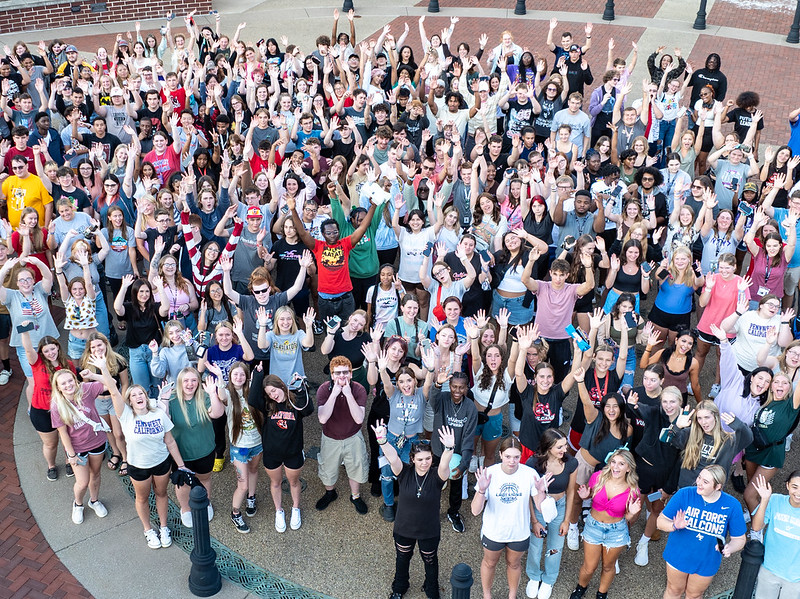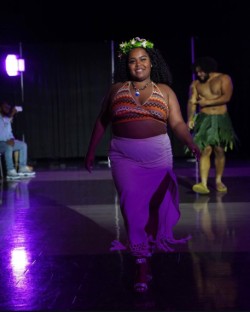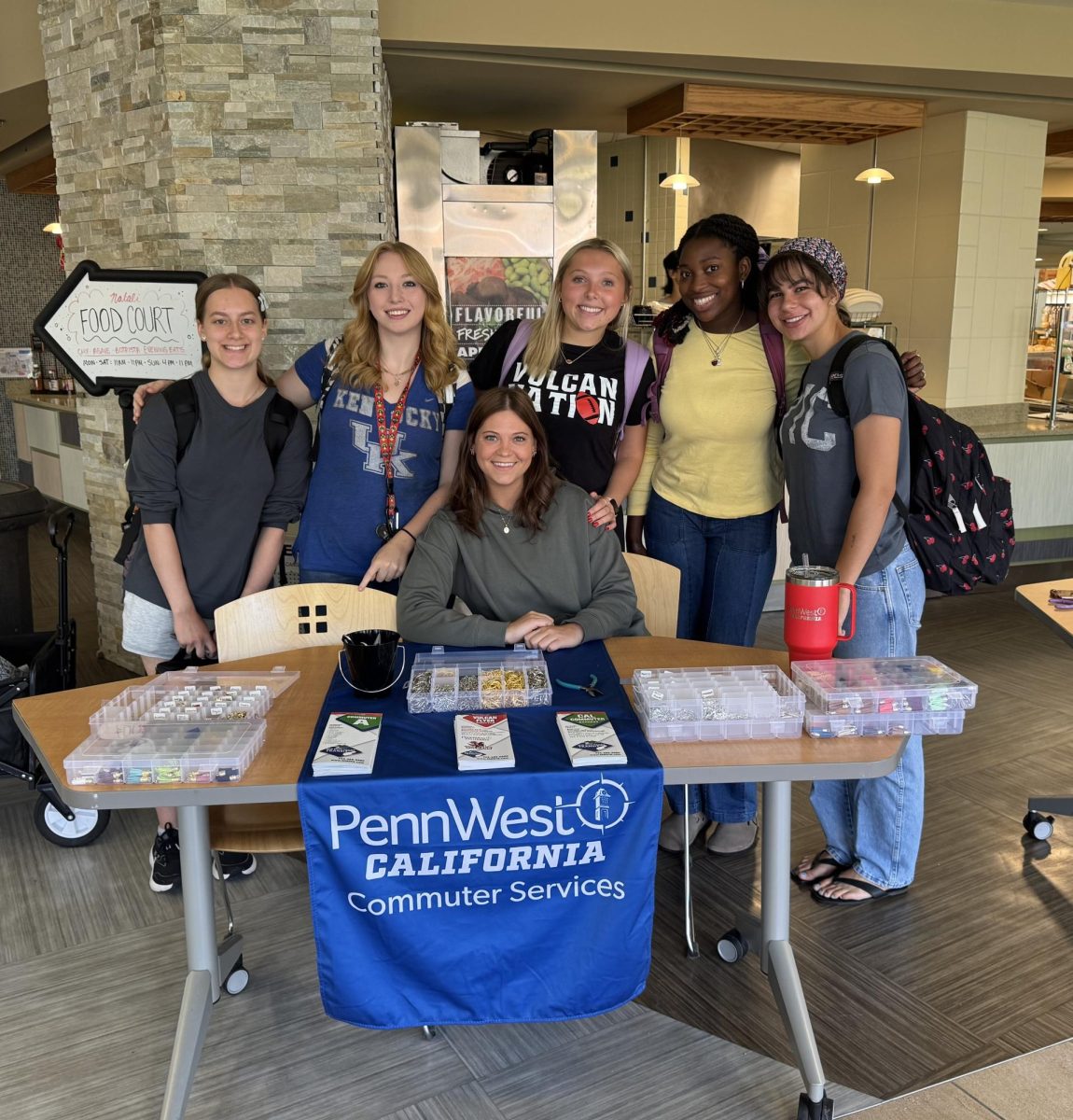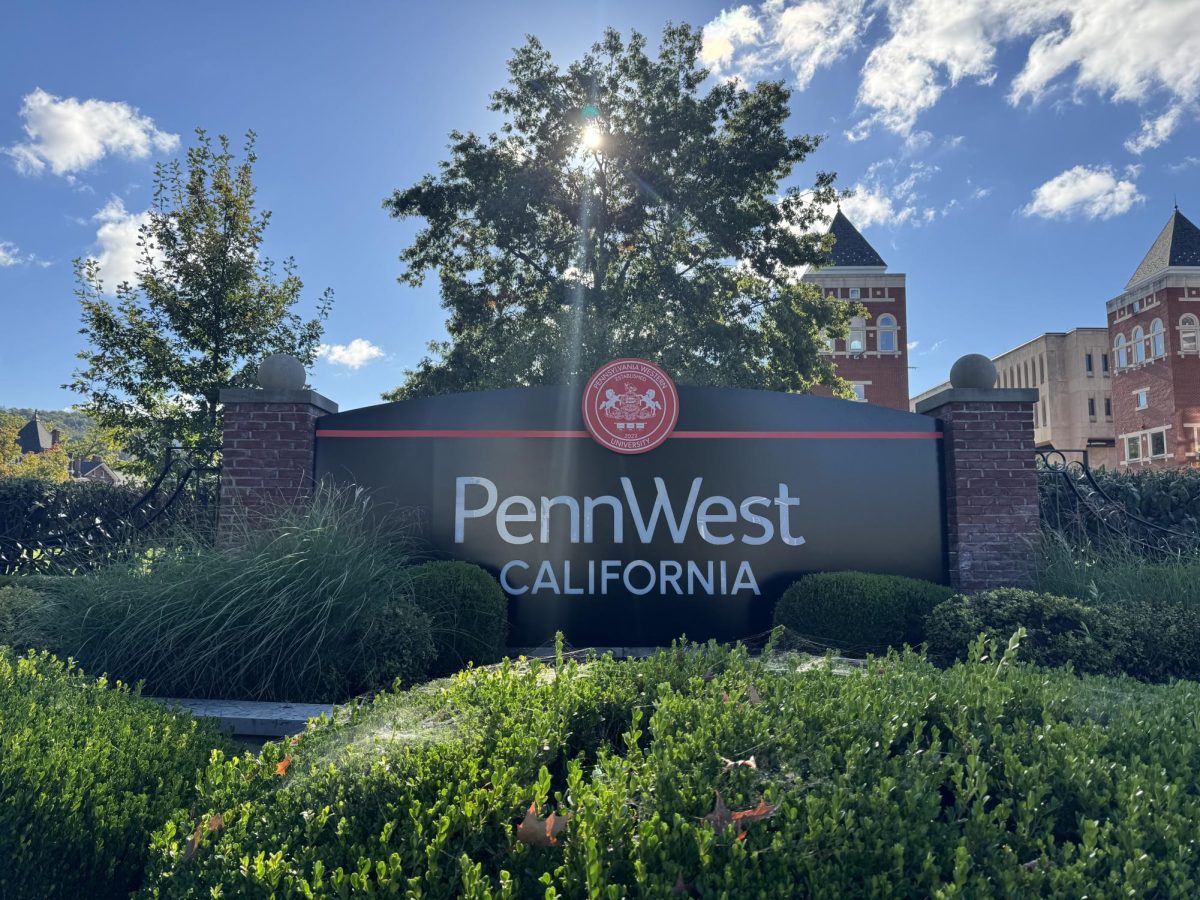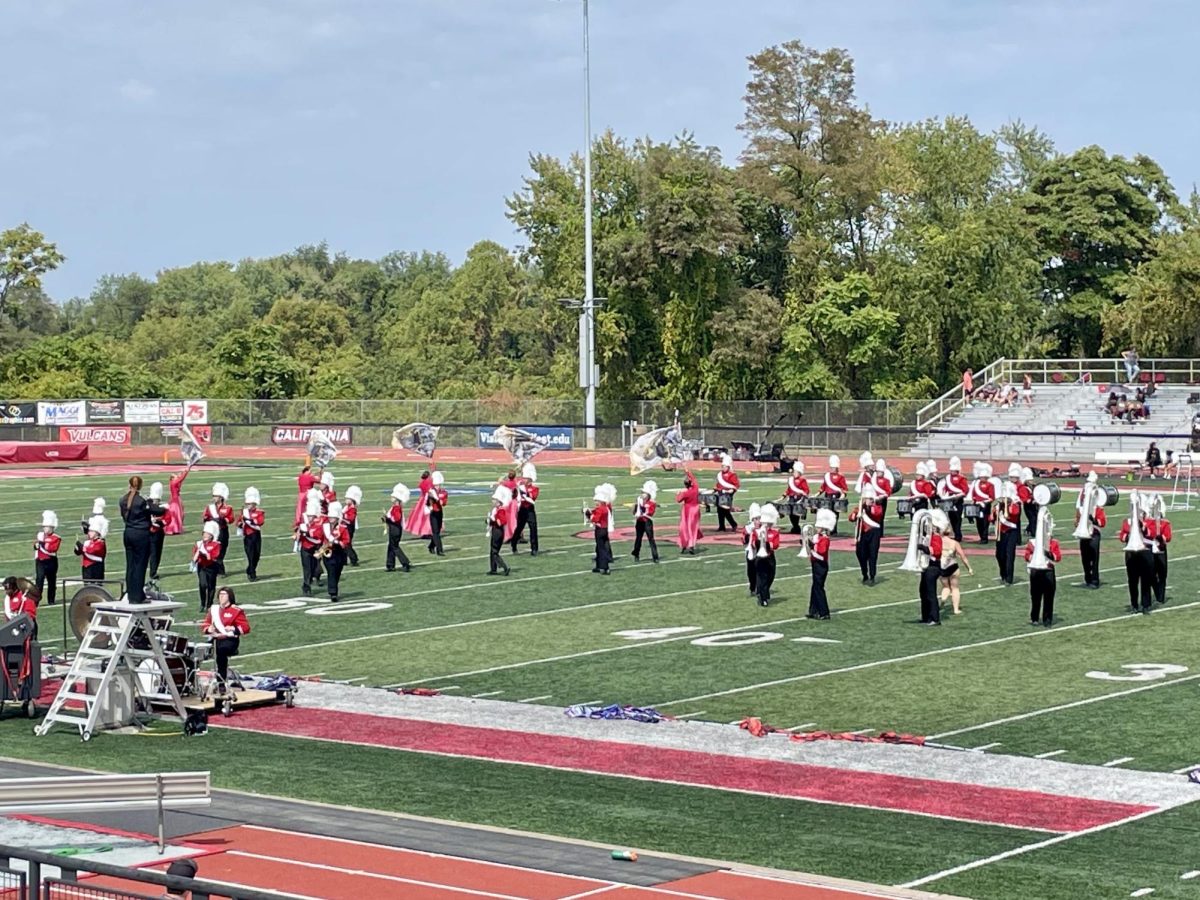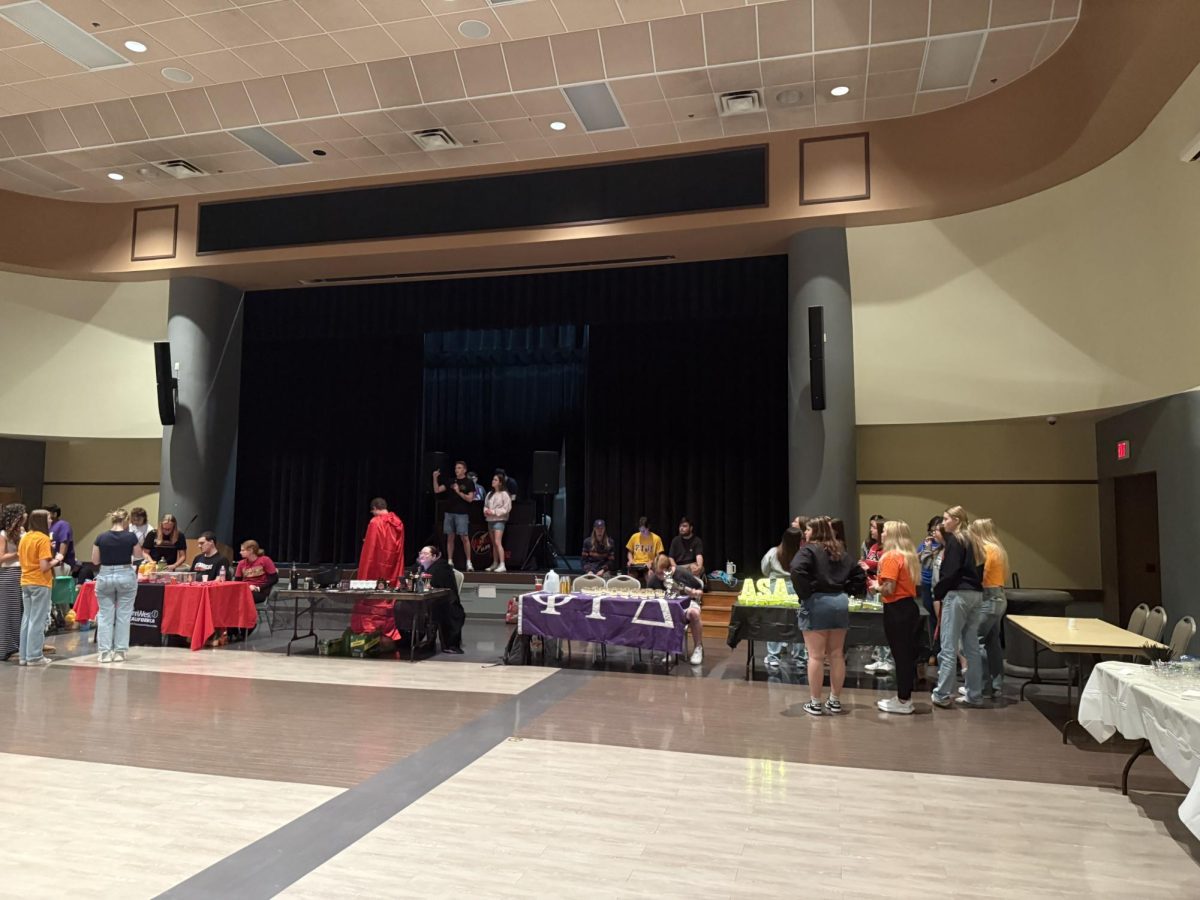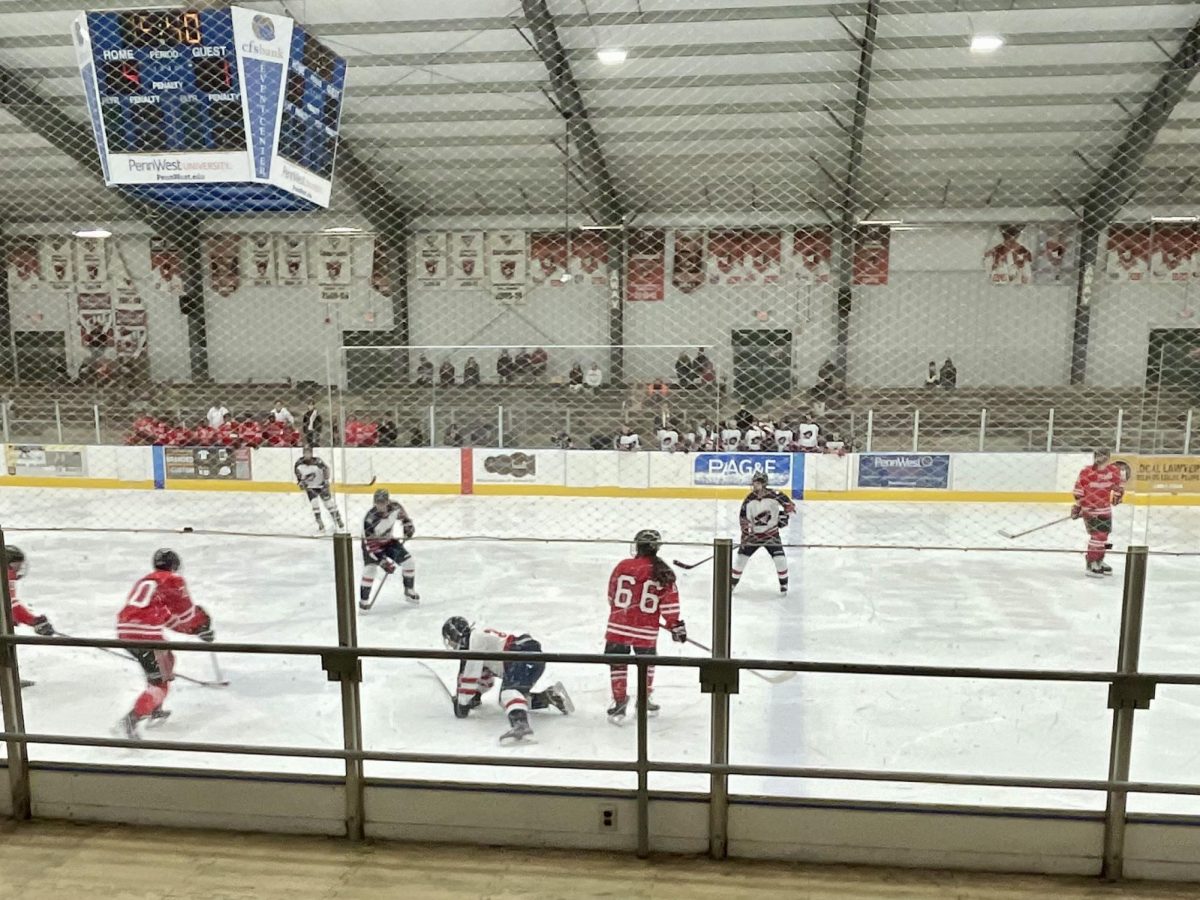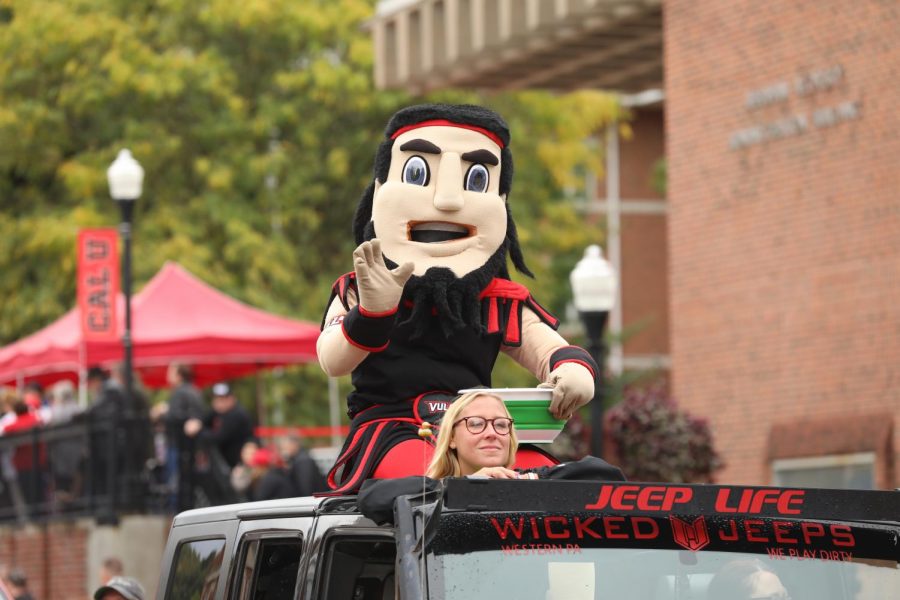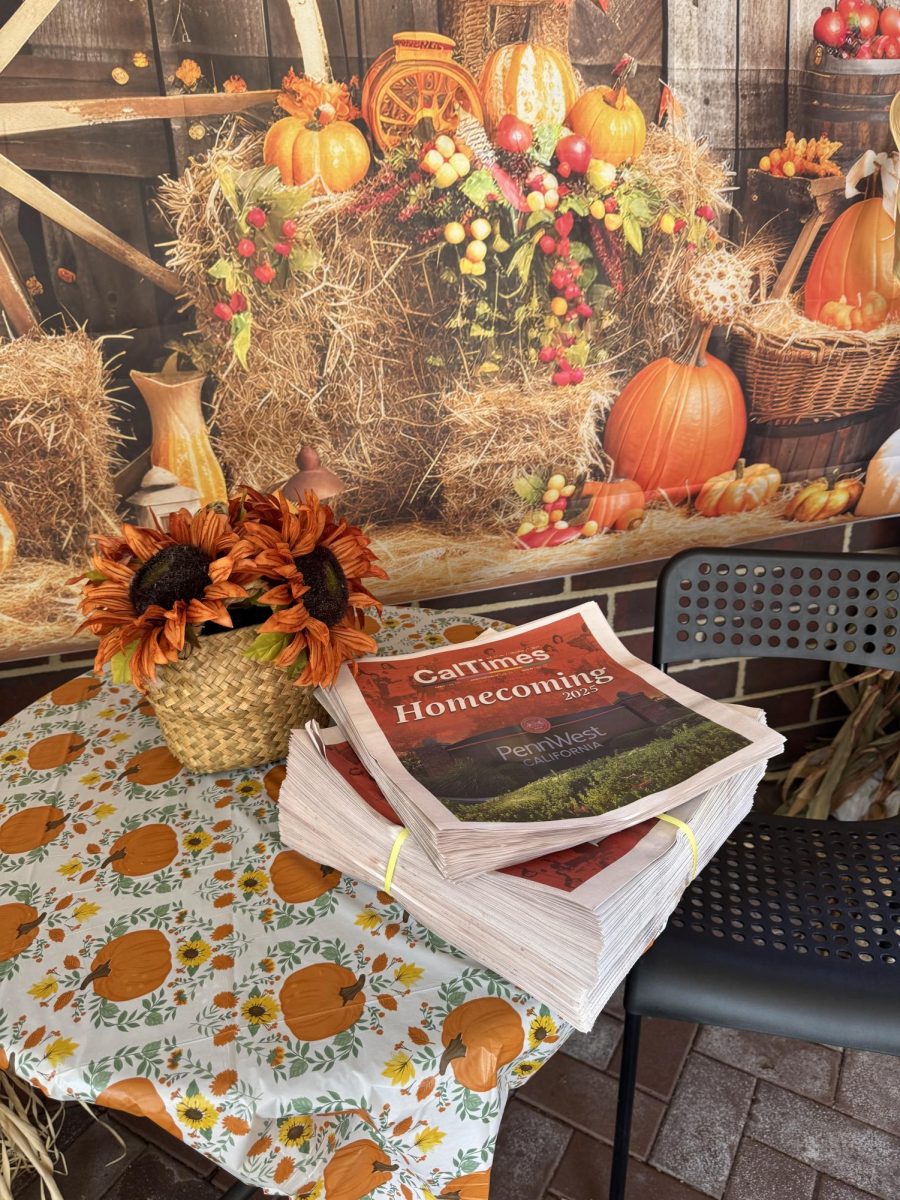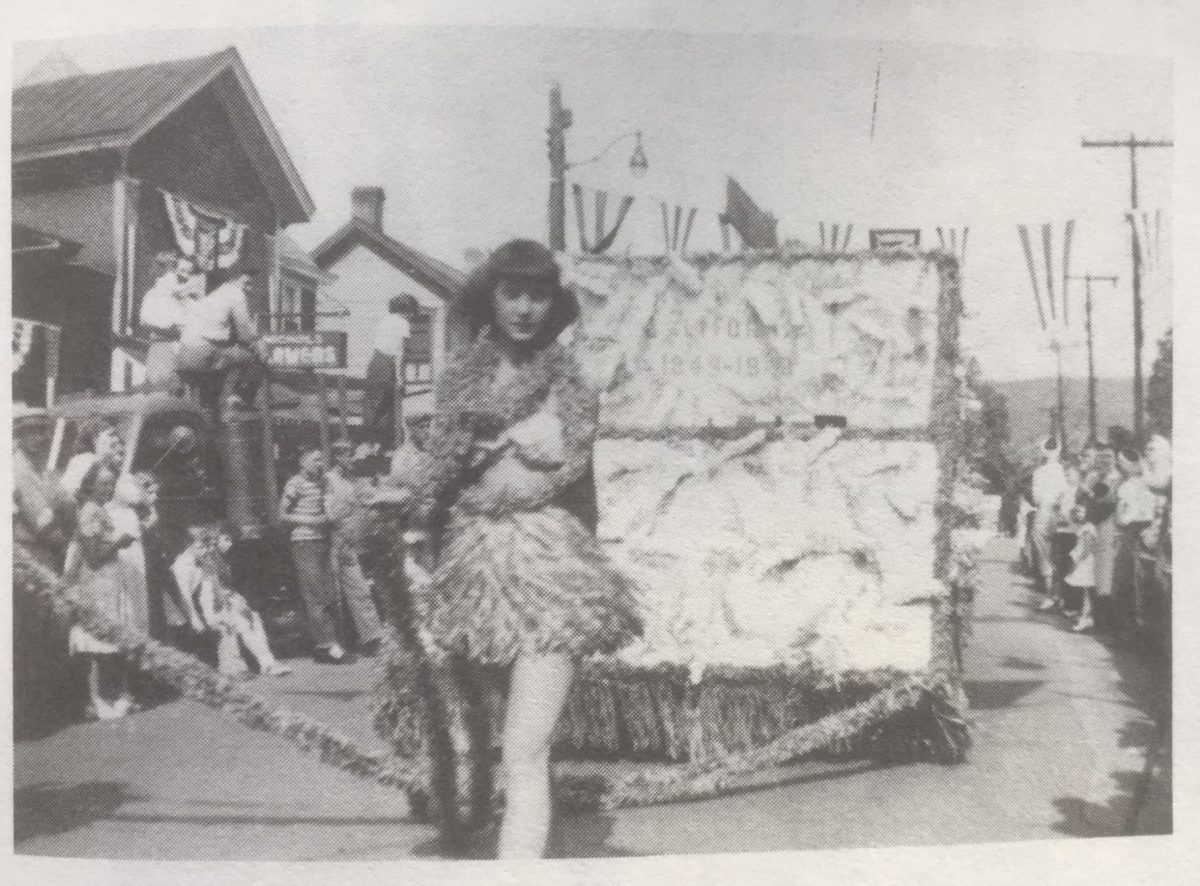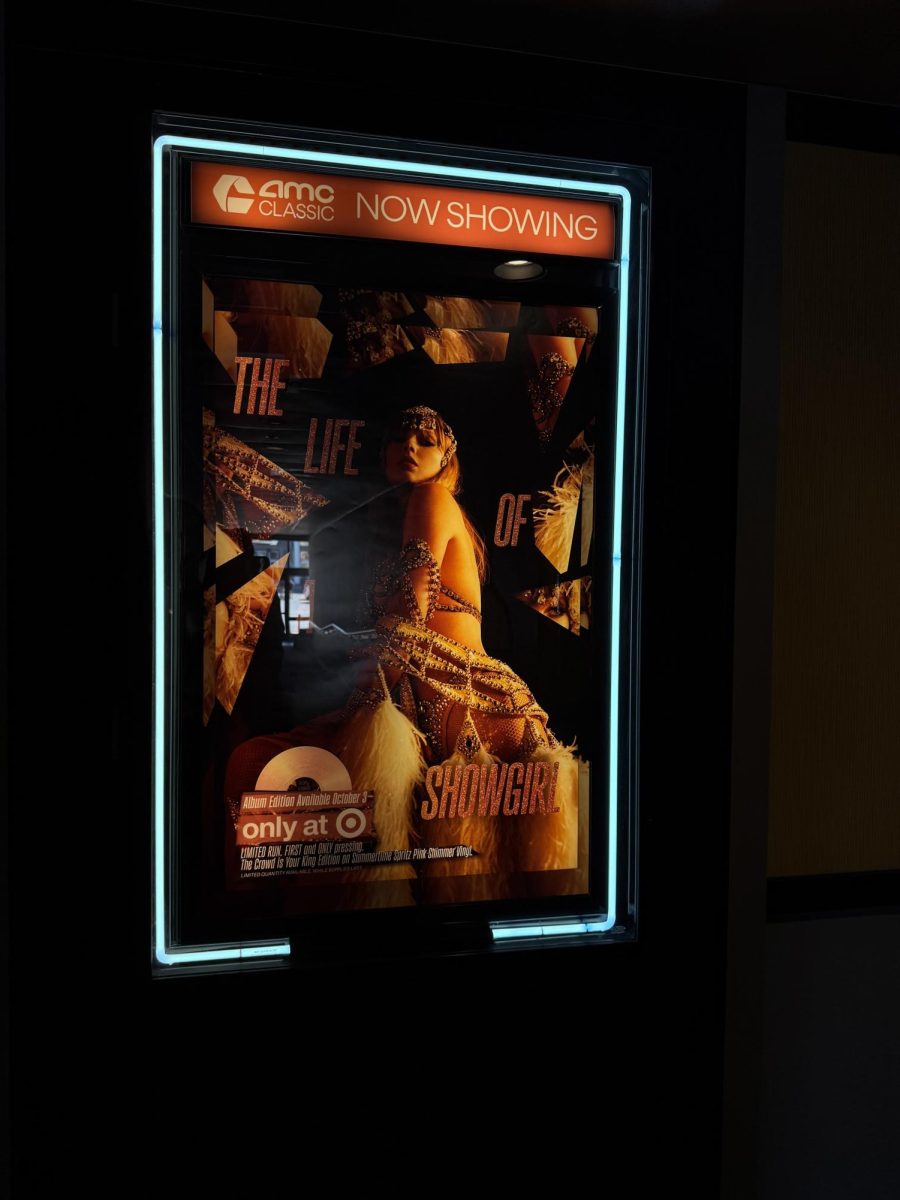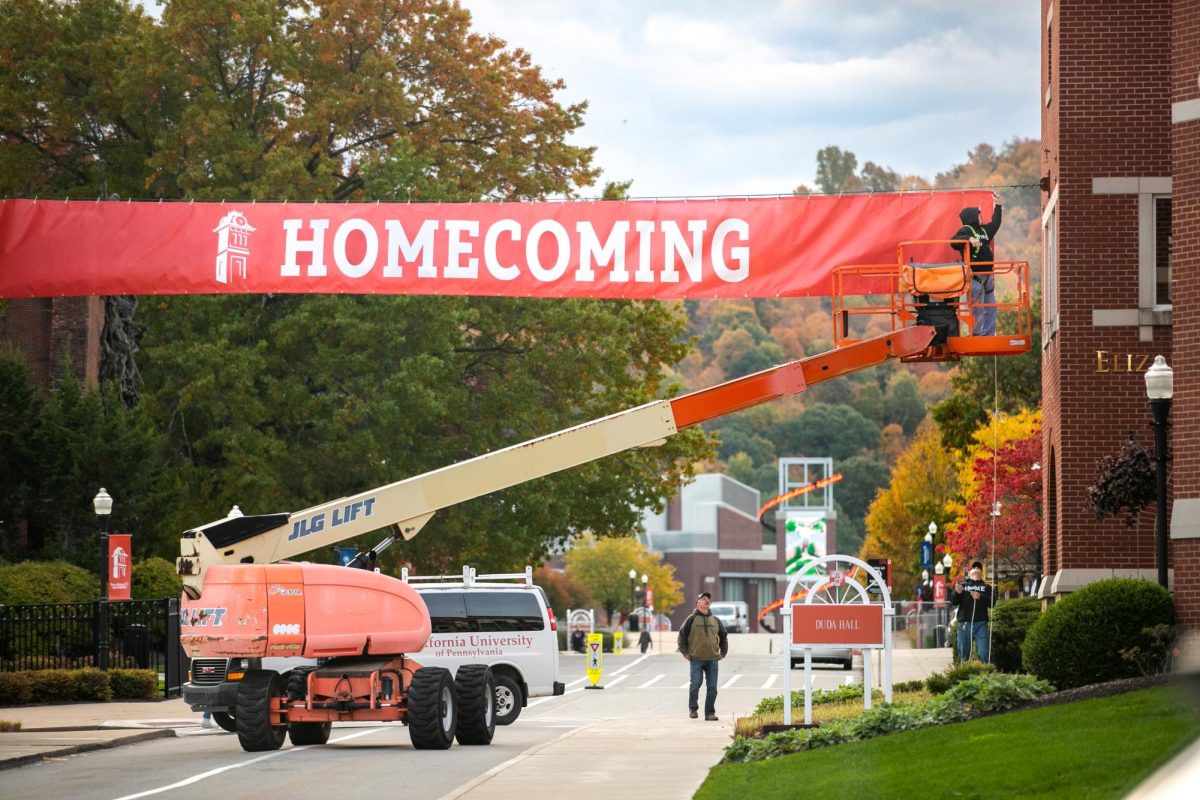When PennWest California, Clarion, and Edinboro campuses merged, first-year seminar classes offered at each university were halted. This fall semester, they were revived, with PennWest piloting 19 sections across its campuses.
First-year seminar courses are classes designed to equip first-year students transitioning from high school with the skills and resources necessary to succeed in college.
Dr. Leah Chambers is the coordinator for this pilot program. According to Chambers, the programs were brought back to enhance student success and to help increase retention rates from the first to second year.
“First-year seminars are required at a lot of colleges and universities, from public four-year schools like ours to elite colleges,” said Chambers. “The purpose of first-year seminars, in general, is to acclimate students to academic thinking, to get them to engage with peers and faculty members in their first semester in a smaller setting, and to really help students successfully navigate that transition from high school to college.”
This semester, each campus offers five to seven sections of the course, with 33% of first-year students enrolled in them, according to Chambers. Plans are in place to double the number of sections for next year, with the ultimate goal of enabling every student at PennWest to have a seat in the course, she said.
The pilot programs for this year serve as an opportunity for students and faculty to provide feedback so Chambers can work with faculty to strengthen the program for next year.
Alyssa Terry, a first-year interdisciplinary studies major currently enrolled in a first-year seminar class, said the relaxed atmosphere of the class makes her eager to attend. She also expressed that her professor, Nathan Knopp, and her classmates have supported her in becoming successful in her first year.
“We do a lot of group work, which I find nice because it helps me make connections,” said Terry. “We take a more modern approach to education and find fun ways to learn rather than lectures. For example, we built towers out of spaghetti and tape to learn teamwork, and last class we taught Professor Knopp a concept, like making peanut butter and jelly, in five steps.”
Along with hands-on activities in the classroom, students are given assignments inspired by “scavenger hunts” around their campus. Using an app called Goosechase, students embark on missions to specific campus resources or learning centers, while taking pictures that they will later submit to the app. Some of the missions include visiting the writing center, finding the center for wellness on their campus, and attending a student success workshop.
“There is a ‘feed’ section on the app that is like an Instagram feed and that’s where we can see mostly everyone’s answers,” said Terry. “I’m okay with video submissions and personal reflections being shared with the class because I know that everyone else has to do it too. It helps me to think that maybe my answer can help someone else feel validated or help them out with something they are struggling with.”
While Terry expressed that the Goosechase assignments had been a positive experience for her, she recalled hearing different experiences from other students.
“I have not had any privacy concerns with the app, but I have heard other students say they wished that others in the class couldn’t see their answers to a mission,” Terry noted. “Sometimes we have to take a picture or a video of ourselves to post for everyone to see, which makes some of my classmates uncomfortable.”
Rory Hudson, another first-year student enrolled in the course, expressed concerns with the Goosechase app.
“The app isn’t as privacy-oriented as it should be for some of the assignments,” said Hudson. “For the first-week-feelings assignments, they wanted us to do a video talking about our feelings, and many shared very personal things and had no idea it would be publicly available for the class to watch.”
Hudson said the stress associated with the Goosechase app had led to a negative experience for some students.
“I feel like they assume that all our generation is always posting our lives on social media, so we wouldn’t feel like this is invasive or weird,” stated Hudson. “This completely ignores the more private people who post nothing personal or in-depth on social media.”
Chambers said she and other faculty had been made aware of these privacy issues and had addressed them.
“We made certain missions hidden when we went through and crafted them,” she said. “We were mindful of the fact that students might, for example, not want other students to know where their favorite spot is to study on campus. So, we were mindful of that.”
While the faculty was considerate of students’ privacy, she also encouraged students to acclimate to the public nature of college and understand the reality that any work submitted in a class setting may be made public.
“If you’re in a class where students are posting to a discussion board, your work is also public there,” said Chambers. “People don’t learn as individuals. We’ve also been clear that we know a lot of the missions involve taking selfies, so it’s okay if just your hand is in the photo, or if you don’t want to be on video. All of that stuff was discussed with the faculty or even written right into the missions. So if students aren’t comfortable with that, they can do them in a different way.”
Chambers said the Goosechase app has led students to visit resources on campus that will inherently benefit them, and it has allowed them to meet with faculty advisors and attend workshops that will enhance their success. Recognizing this, Chambers remarked that the Goosechase app has been beneficial, as these behaviors are associated with academic success.
However, she expressed that she does not anticipate using the app in future years due to its associated cost.
Hudson said students should be allowed to opt out of the class. “I’m on a fast-track course and I would like to be taking a class more related to my degree…I also find myself not gaining much from the information presented. I did a fair amount of research before coming here, so I could find most of the places we get told about already.”
Chambers urged students to adopt a more positive mindset, reminding them to focus on what they can expect from their university and that PennWest is committed to providing those opportunities.
“Our students deserve the same opportunity that students have at elite colleges and universities,” Chambers said. “Just because you’re at a four-year public university doesn’t mean that you should be getting a second-rate education. You should get a good education, and that’s what a solid general education program offers you as a student.”
Freshman Julia Diaz expressed that she has had a positive experience learning about the different resources offered on campus each week, and that she hopes that the course can be offered to all students in future years.
“It would be great if every freshman could take this class their first semester of college,” Diaz said. “I’m aware that some students find it pointless. However, I find that the kids who don’t have first year seminar struggle more than those who do.”
Chambers continued, “We don’t want to bring you into the university and leave you floundering. We want to give you the resources that you need, because we want you to be here next year. So it really is in the spirit that we want you to be here, we want to support you, and we want you to be educated.”

